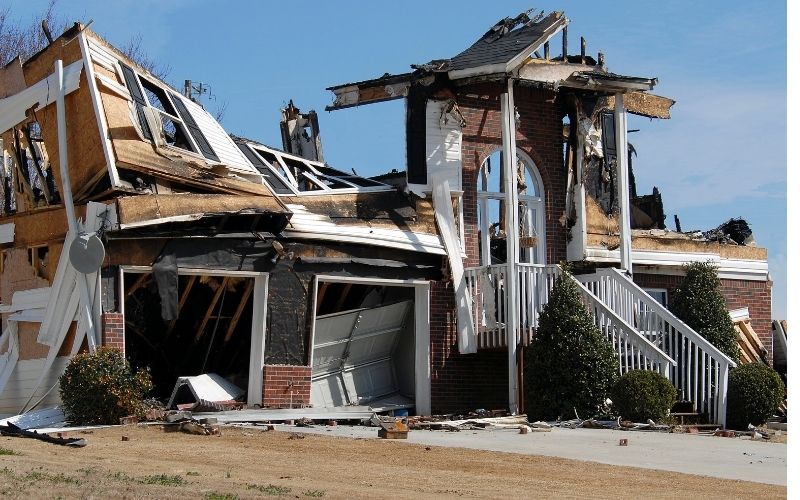Whether you are building a new home, renovating an existing structure, or undertaking a commercial construction project, obtaining the necessary building permits is a fundamental part of the process. However, navigating the permitting system can seem convoluted if you are unfamiliar. This article aims to simplify the process by providing a comprehensive overview of what you need to know about building permits.
Table of Contents
Understanding The Purpose Of Permits
Building permits are issued by local authorities to ensure all construction work complies with applicable building codes and zoning ordinances. These regulations exist to protect public safety, health, and welfare.
Codes establish minimum standards for engineering, emergency egress, fire hazards, material usage, energy efficiency, and more. Permits signify that proposed plans adhere to these minimums before work commences. They also allow inspections to guarantee codes were properly implemented. Receiving permits is vital but also demonstrates responsibility towards community standards.
Learning The Types Of Permits
Different types of construction activities require specific permits. Common varieties include:
- Building Permit: Authorizes erecting new structures or additions. Filed after developing architectural/engineering plans.
- Demolition Permit: Approves razing existing buildings according to procedures for waste disposal, foundation removal, etc.
- Plumbing Permit: Covers installation or modification of any internal water pipes or gas lines within a building.
- Electrical Permit: Governs wiring work related to the power supply and illumination fixtures.
- Mechanical Permit: Pertains to heating, ventilation, and air conditioning system installation or upgrades.
Undergoing The Application Process
The permit application workflow includes certain befuddling steps but unraveling them makes the process proceed ebulliently:
- Pre-Application Meeting: A preliminary meeting can prevent any confounding issues later.
- Hiring Licensed Professionals: Building plans must be prepared by architects or engineers to satisfy codes.
- Development Review: Initial submissions are assessed for zoning/land use consistency.
- Plan Check: Detailed drawings undergo intricate analysis for technical code fulfilment.
- Paying Fees: Monetary values cover administrative costs and permit issuance.
- Obtaining Permit: Once appraised, the permit is provided within a stipulated timeframe.
- Inspections: Approvals are needed at critical junctures before further construction proceeds.
- Certificate of Occupancy: Granted upon total completion verifies building is fit for inhabitancy.
Understanding Permitting Software
While paper trail permits predominate, advanced computer programs streamline the entire approval workflow digitally. Such permitting software features online applications, document sharing among all stakeholders, status monitoring, and payment integration capabilities.
Data incorporated into the software from geographic information systems and building information modeling expedites code conformity verifications. Overall, permitting software enhances the user experience for applicants, inspectors, and plan examiners resulting in less time spent on the process.
Learning Vital Permit Considerations
A few important factors must be contemplated when applying for building permits to smoothen the approval process:
- Project Valuation: Estimated total cost establishes requisite permit fees which can be substantial for huge projects.
- Licensed Contractors: Most building codes necessitate the engagement of approved tradespeople for certain construction facets.
- Permit Validity: All work shall be completed within an established timeframe otherwise extensions or re-permitting may be necessary with supplementary costs.
- Ownership Transfers: Permits cannot be moved to another builder/owner without suitable approval and ownership record updates.
- Revisions: Proposed modifications to approved plans demand amendments and reassessments to consider any confounding implications.
Heeding these permitting particulars makes attaining compliance less befuddled.
To Wrap Up
Regardless of project scale, permits maintain community standards while safeguarding public welfare. Seeking appropriate permits alleviates future code compliance cataclysms. Understanding local processes and collaborating with authorities results in hassle-free construction approvals.





